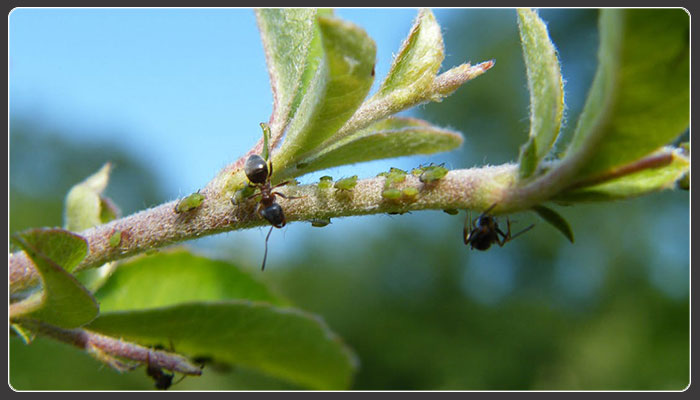Are Ants The New Waste Management Heroes?

Ants continue to impress with their amazing feats of strength and innovation. One of those newfound innovations is a discovery by the University of Liverpool and the Natural History Museum that ants in rainforests pick up over 50% of the organic waste on the grounds of these forests, contributing an enormous amount to the lives of the many flora and fauna that thrive in those areas.
Researchers at the University of Liverpool conducted an expansive study of the Malaysian Borneo rainforests and discovered that larger animals like mammals and birds collected less than half of the organic materials on the forest floors, leaving the majority of the grunt work for the ants, who are happy to complete this waste collection task, so to speak. Most of this waste was composed of rotting fruits, fallen seeds, and animal corpses.
Reusing dead organic material is an important part of keeping any ecosystem healthy, as it deposits essential nutrients in areas where they’re needed and speeds up the decomposition process of the material. The ants that play the role of waste management also bring some of the material they collect to their homes, which creates an area of mineral-rich soil where plants and microorganisms can live long and healthy lives. All species benefit from this system.
It turns out ants are the only ones fit for the job, too - if the ant population is wiped out in a rainforest area, more than half of the forest floor waste that’s usually taken care would sit idle, as no other animal can take their place. As a result, the soil becomes less nutritious for the plants that depend on it for survival, and the entire ecosystem is affected.
Unfortunately, this imaginary scenario could become a reality if we continue to be reckless with our world’s rainforests. As species slowly begin to disappear from rainforest regions, the dependent relationships animals have on each other suffer. Knowing how each organism contributes to the survival of an area’s ecosystem is the first step to protecting it.
The study conductors hope that we can use this information to better plan out how to preserve rainforests in the most high-risk locations and put those plans into action as soon as possible.


